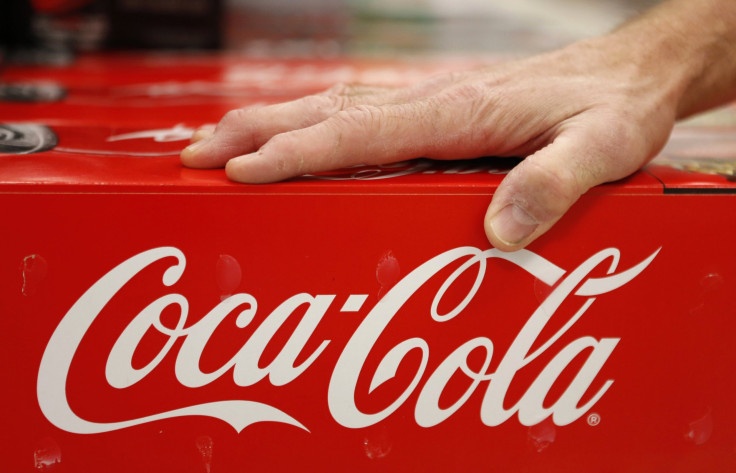New Coca-Cola Ads Target Obesity for the First Time This Month

For the first time, Coca Cola will address the issue of obesity in new ad spots. The Atlanta-based company says that it is not reacting to negative public sentiment; instead, the world's largest soft drink manufacturer simply wants to highlight the actions that they have taken and will take to combat obesity.
As obesity becomes a ballooning health concern, soft drink manufacturers have come under fire. New York City has implemented what amounts to the nation's first soda ban, capping the size of soda cups sold in restaurants, movie theaters, sports arenas and other venues. A similar move is being mulled over by the mayor of Cambridge, Massachusetts, the Associated Press reports.
In addition, when Pepsi-Cola, the world's second largest soft drink manufacturer, announced a sponsorship deal for singer Beyoncé, there was immediate outcry for the artist to drop the deal or to donate the proceeds to health initiatives.
Coca-Cola's new spots plan to combat any negative feelings by equating its soft drinks with happiness. One ad, which will run during "American Idol" and the Super Bowl, shows a montage of activities that can burn off the 140 "happy calories" obtained from a can of Coke - walking a dog, dancing and performing a victory dance after bowling a strike, the Telegraph explains. Another two-minute ad, which will air during the top-rated broadcasts on CNN, Fox News and MSNBC, has a narrator proclaiming that obesity is a difficult issue that concerns everyone, but that it can be solved when people come together.
Diana Garza Ciarlante, a spokesperson for the soft drink company, says that the spots attempt to correct public misinformation about the number of calories in a Coke can. The company's research found that some consumers believed that there were as many as 900 calories in a can of the beverage. "We have not done a good enough job in telling our story and being consistent in telling our story," Ciarlante said.
Indeed, Coke has made several moves to help consumers make better food choices. It has put calorie information in the front of its cans and bottles, and posted calorie information on vending machines before a federal law requires soft drink manufacturers to do so in 2014.
However, Coke seems to have an uphill battle ahead of them. Most of the growth in the industry in the past 15 years has come from low-calorie beverages, like Coke Zero. Even with the rise in diet sodas and low-calorie alternatives, soda consumption has been decreasing over the years. A recent report from NPR notes that many young adults are swapping soda for coffee.
In addition, while Coke correctly points out that obesity is caused by the consumption of too many calories in general, not just soda, a recent study indicated that fructose - a sweetener employed in sodas and in other foods - may increase appetite.



























